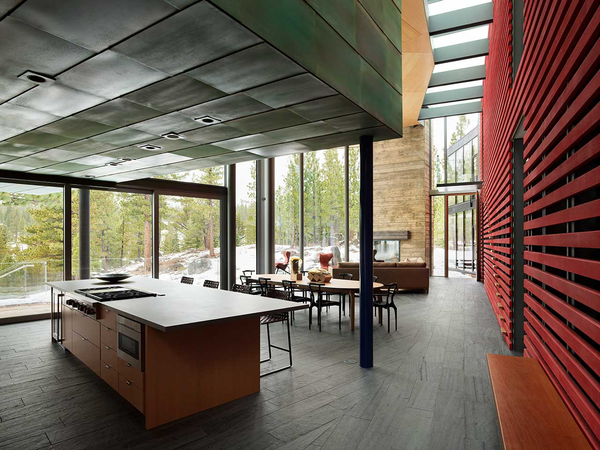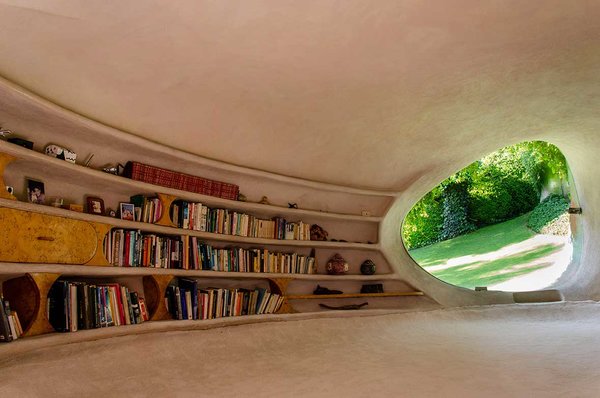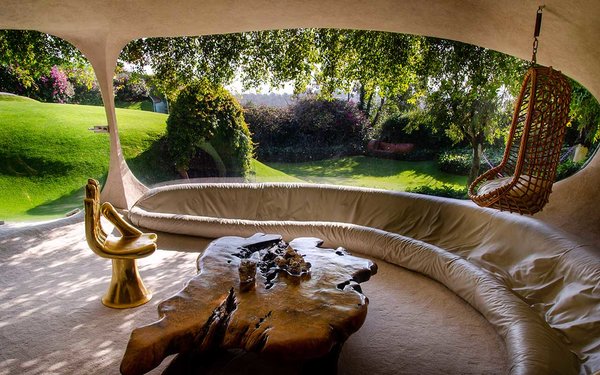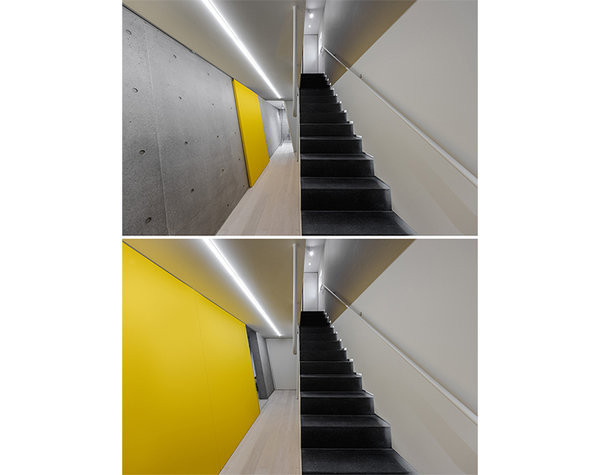Loathing
Distinguished Member
- Joined
- Mar 2, 2011
- Messages
- 1,350
- Reaction score
- 669
The whole point is that John Pawson never did graduate from university, and foreign architects never gained the accreditation required to practice in the UK. An Italian lawyer wouldn't just be able a practice in the UK without being qualified in English Law - it would be illegal for him to advertise his services as a "lawyer".
And It's not a trade union, it's the regulatory authority, and all important professions are regulated in the same way. At £100 per year it's nothing.
The actual cost of qualifying in student fees is about £50k over 8 years, payed by student loans, but unless you live with your parents you'll have living costs. Those 8 years include 3 years of paid practical experience in industry, though, which (along with part time work over holidays) goes a long way to paying the cost. You do not need to be from a rich family at all.
And It's not a trade union, it's the regulatory authority, and all important professions are regulated in the same way. At £100 per year it's nothing.
The actual cost of qualifying in student fees is about £50k over 8 years, payed by student loans, but unless you live with your parents you'll have living costs. Those 8 years include 3 years of paid practical experience in industry, though, which (along with part time work over holidays) goes a long way to paying the cost. You do not need to be from a rich family at all.
Last edited:































